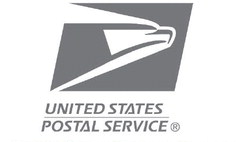Don’t privatize the Postal Service


Attempts to undermine and then privatize the United States Postal Service are once again making headlines.
This time it is in the guise of refusing to consi...


Attempts to undermine and then privatize the United States Postal Service are once again making headlines.
This time it is in the guise of refusing to consi...